vegetable seeds
toybee
13 years ago
Related Stories
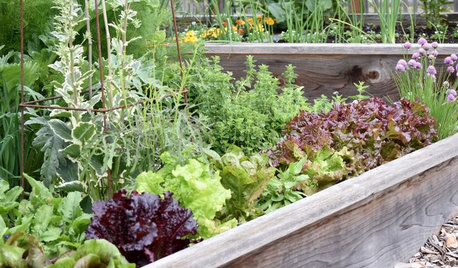
GARDENING GUIDESSeeds or Seedlings? How to Get Your Garden Started
Growing delicious herbs and vegetables starts with knowing your goals and when you want to plant
Full Story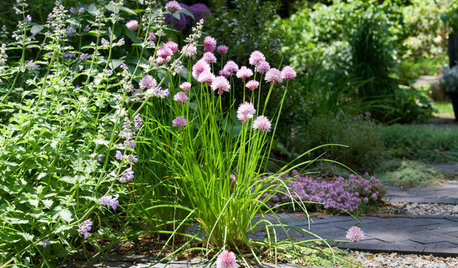
EDIBLE GARDENS8 Surefire Vegetables and Herbs for Beginning Gardeners
Learn the edible plants that are popular and easy to grow in a backyard or container garden
Full Story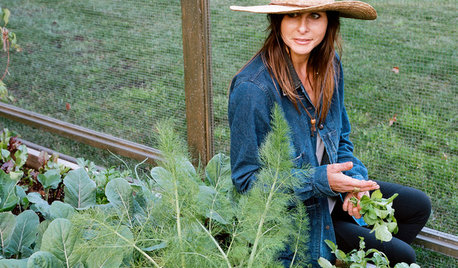
FARM YOUR YARDAdvice on Canyon Farming From L.A.'s Vegetable Whisperer
See how a screened garden house and raised beds help an edible garden in a Los Angeles canyon thrive
Full Story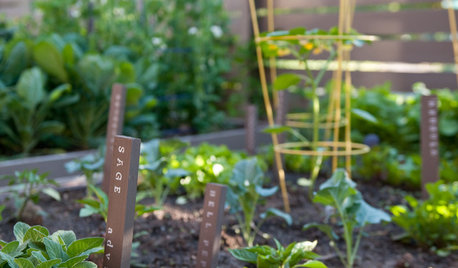
EDIBLE GARDENSKeep Track of Your Vegetable Garden With Plant Markers
Bring order to your edible beds with these labeling ideas
Full Story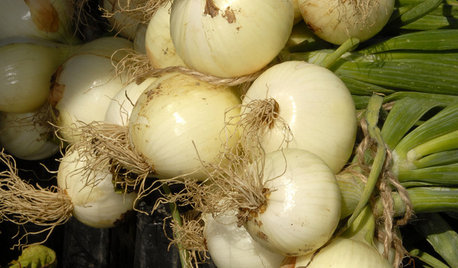
COOL-SEASON CROPSCool-Season Vegetables: How to Grow Onions
Essential for a cook's garden, onions come in many varieties and show staying power on the shelf
Full Story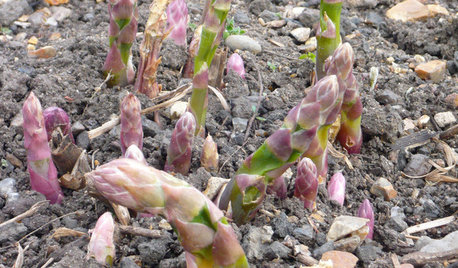
COOL-SEASON CROPSCool-Season Vegetables: How to Grow Asparagus
Patience pays off with this harbinger of spring that lasts for decades in the garden
Full Story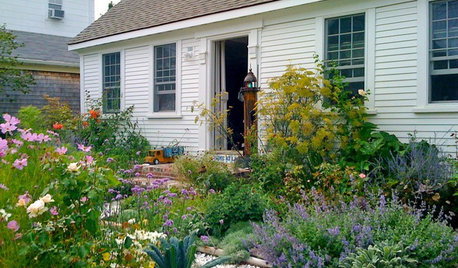
GARDENING GUIDESVegetables and Flowers Mix in Beautiful Edible Gardens
Ornamentals, meet your edible garden mates. We know you'll get along just beautifully
Full Story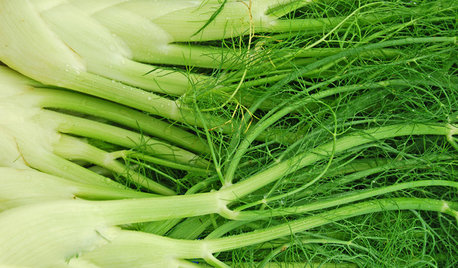
COOL-SEASON CROPSCool-Season Vegetables: How to Grow Fennel
Crunchy and highly flavorful, this herb loves a mild winter or a cool spring in the garden
Full Story0
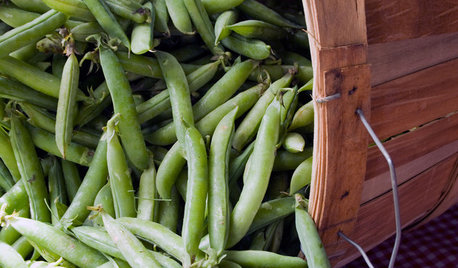
GARDENING GUIDES11 Favorite Edibles for Your Cool-Season Garden
Plant crunchy carrots, crisp radishes, tender peas and other vegetables for fall and spring harvests
Full Story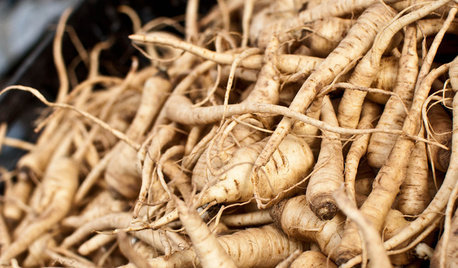
COOL-SEASON CROPSCool-Season Vegetables: How to Grow Parsnips
This unfairly maligned root vegetable is the ideal choice for a winter garden, sweetening with the frost and having a long storage life
Full StoryMore Discussions






flora_uk
toybeeOriginal Author
Related Professionals
Allentown Landscape Architects & Landscape Designers · Accokeek Landscape Architects & Landscape Designers · Bridgetown Landscape Architects & Landscape Designers · Jennings Landscape Architects & Landscape Designers · Seabrook Landscape Architects & Landscape Designers · Goodlettsville Landscape Contractors · Lemoore Landscape Contractors · Ocoee Landscape Contractors · Reedley Landscape Contractors · Wentzville Landscape Contractors · West Chester Landscape Contractors · West Palm Beach Landscape Contractors · Dallas Roofing & Gutters · Valdosta Roofing & Gutters · Norton Roofing & Guttersremy_gw
toybeeOriginal Author
soilent_green
toybeeOriginal Author
soilent_green